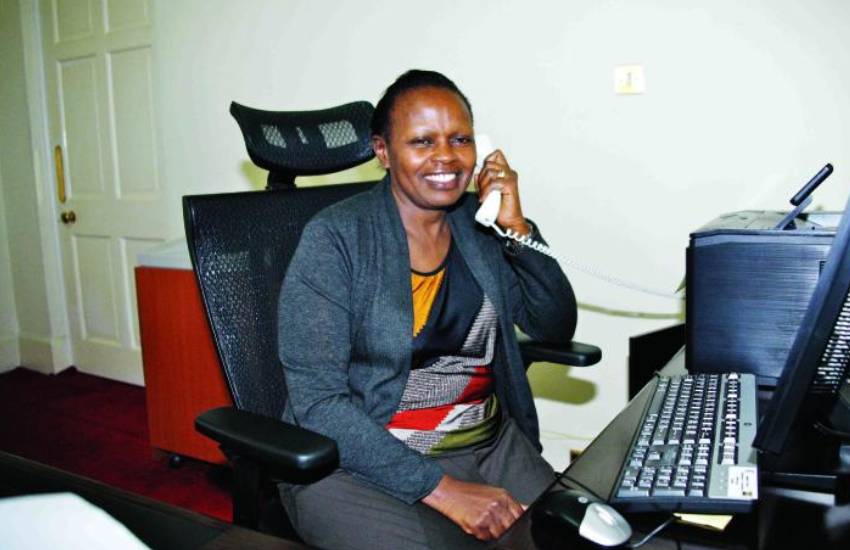×
The Standard e-Paper
Home To Bold Columnists

In Nancy Gitau’s world of high voltage political consultancy, every little move she makes points to something greater than herself.
Unobtrusive, she is – in act and conduct – Kenya’s political pangolin. We are only just beginning to understand the impact of her moves on political organisation and reorganisation of the country.